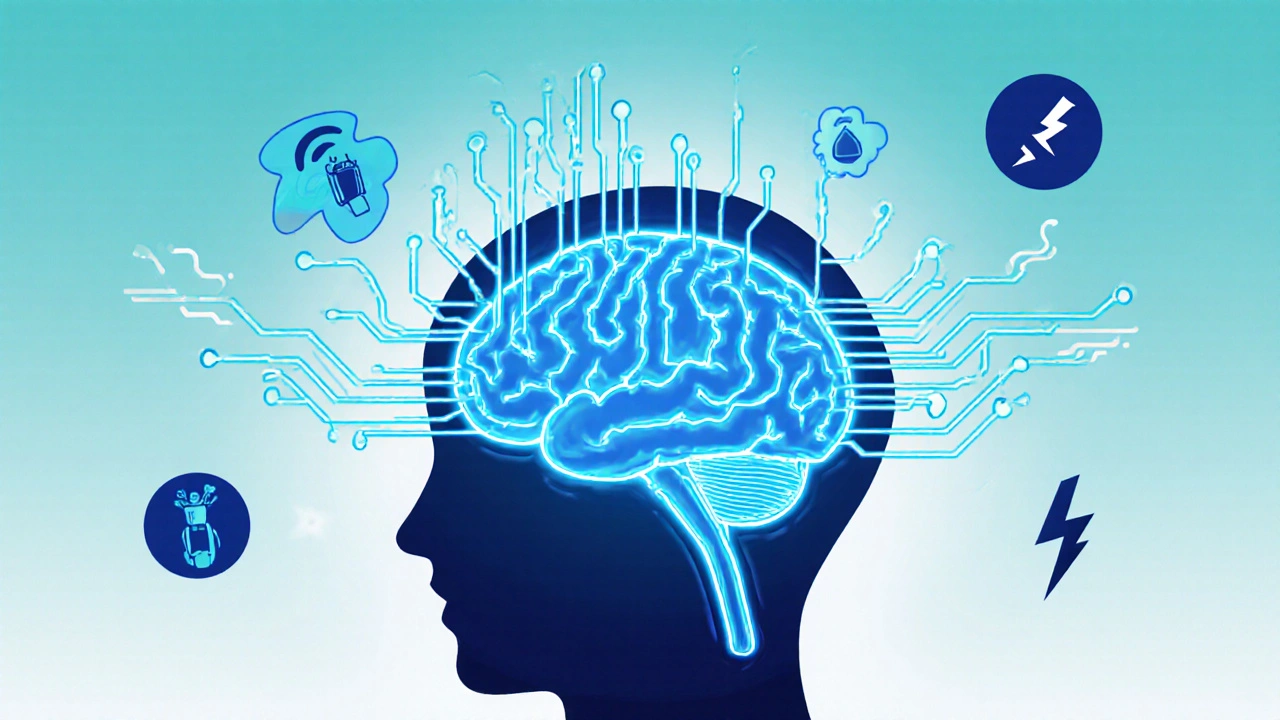When people stop taking antidepressants or other psychiatric meds, some report strange, sudden jolts in their head—often called brain zaps, brief, electric-like sensations in the head that can feel like a shock or flutter. Also known as electroshock sensations, these aren’t seizures or strokes—they’re a recognized part of medication discontinuation syndrome, a set of physical and mental symptoms that occur when stopping certain drugs too quickly. They’re most common with SSRIs and SNRIs, but can happen with benzodiazepines, sleep aids, and even some pain meds.
These zaps aren’t just in your head—they’re real, measurable, and documented in clinical reports. People describe them as a quick zap, a buzz, a flicker, or even a brief dizziness that lasts a second or two. They often happen when you move your eyes quickly, turn your head, or just as you’re drifting off to sleep. While they’re not dangerous, they can be unsettling, especially if you don’t know what’s happening. And they’re not rare: studies show up to 20% of people stopping SSRIs experience them, with higher rates in those who quit cold turkey. The good news? They usually fade within days or weeks. The key is slowing down the process. Tapering your dose under medical supervision cuts your risk by more than half, according to research tracking discontinuation patterns.
Brain zaps are linked to how your brain adjusts to the sudden drop in neurotransmitters like serotonin and norepinephrine. When you’ve been on medication for months or years, your brain adapts. Take it away too fast, and your neural pathways get out of sync. That’s when you feel the zaps—or other symptoms like dizziness, nausea, or anxiety. It’s not addiction. It’s your nervous system recalibrating. Some people find relief with omega-3s, magnesium, or better sleep hygiene, but there’s no magic fix. The only proven way to avoid them is to taper slowly. If you’ve already stopped and are dealing with zaps, don’t panic. Most go away on their own. Talk to your doctor about whether a small, temporary dose restart might help ease the transition.
What you’ll find in the posts below are real, practical stories and science-backed advice about what causes these sensations, how they connect to other withdrawal symptoms, and how to manage them without guessing. You’ll see how drugs like sertraline, venlafaxine, and even some sleep aids can trigger them—and how others have safely navigated the process. No fluff. No hype. Just what works.
Posted by
Paul Fletcher
10 Comments

Antidepressant discontinuation syndrome causes real physical symptoms when stopping medication. Learn how to recognize the signs, avoid severe withdrawal, and taper safely under medical guidance.
read more